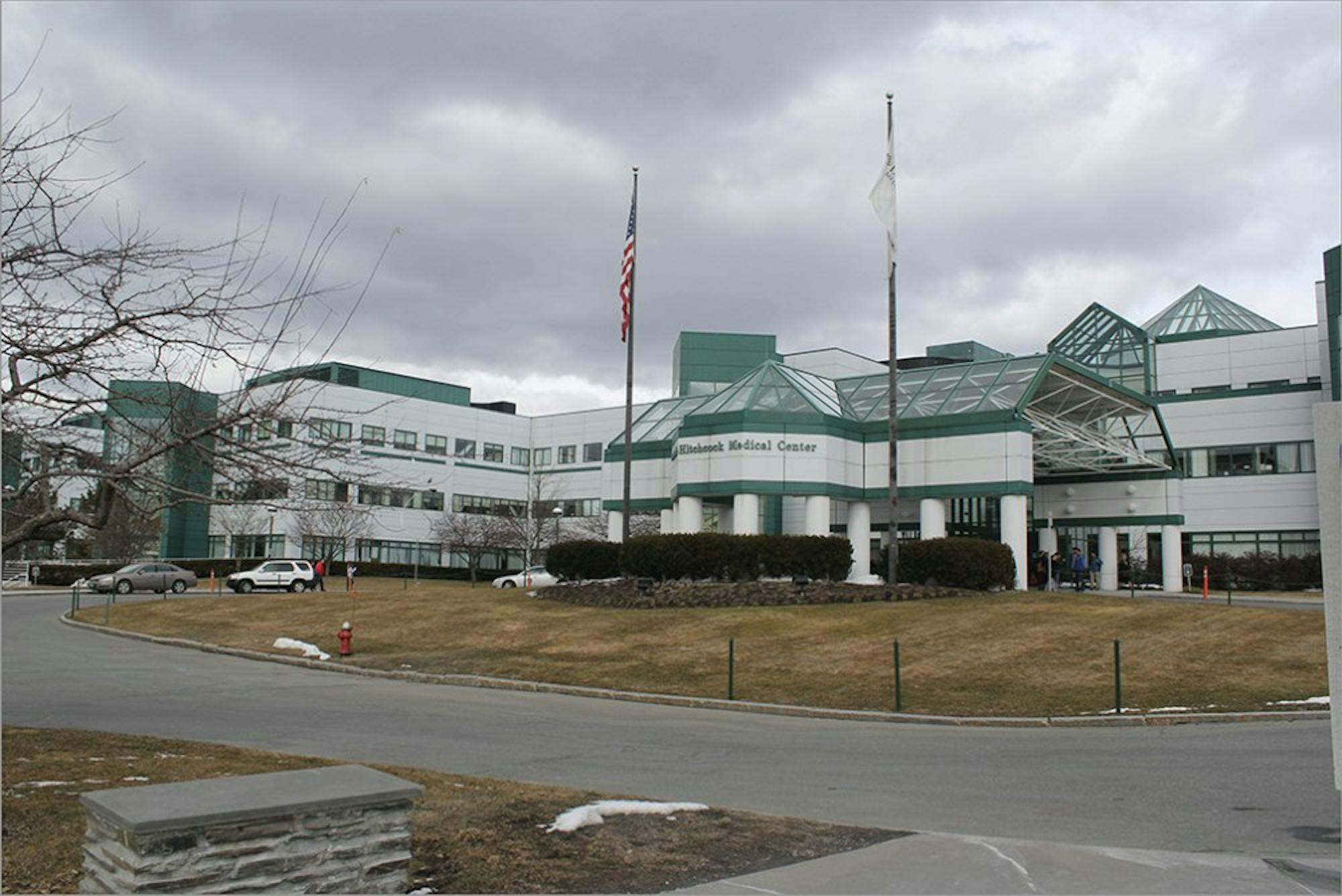Doctors are overprescribing opioids, according to a new study from the Dartmouth-Hitchcock Medical Center, leading to an abundance of unused drugs that could potentially be abused.
In a trial with 642 patients, researchers found that patients are only using about 28 percent of their opioid prescriptions, leaving a large number of opioids medically unaccounted for.
In the study, surgeons were told to pay attention to the opioid prescriptions they gave to their patients. They later followed up with their patients and found that patients only used a handful of the opiates prescribed to minimize pain.
Rick Barth, the chief of general surgery at Dartmouth-Hitchcock Medical Center and lead researcher on the study, said that doctors overprescribe pills for two main reasons. The first is that they do not want to see their patients in pain, and the second is to minimize the number of refills needed for patients in rural areas, who often face long travel times to see doctors.
“Although doctors have a responsibility to patients and society, they often overprescribe to ease the pain of their patients, despite risks of overdosing and death,” he said.
Barth added there is a possibility that the unused pills could have fallen into the hands of individuals without opioid prescriptions. In order for overdosage and over-prescription numbers to go down, doctors should begin by prescribing ibuprofen and only switch to opiates if pain persists, he said.
The study also suggests reducing opiate prescription dosages to only 43 percent of current dosage levels.
In New Hampshire, there are 72 opioid prescriptions for every 100 people. In some states, such as Tennessee and Alaska, the number goes to as high as 143 opioid prescriptions per 100 people.
In April, state legislators created a task force consisting of state and federal prosecutors to curb the number of opiate overdoses. In recent years, the Upper Valley has been plagued with opiate addictions. New Hampshire Public Radio reported that there have been 161 drug overdoses as of July 2016, with the office of the New Hampshire chief medical examiner projecting 494 total by the year’s end.
This study comes during the National Prescription Opioid and Heroin Epidemic Awareness Week, created by the Obama administration to bring attention to a growing national drug crisis.




